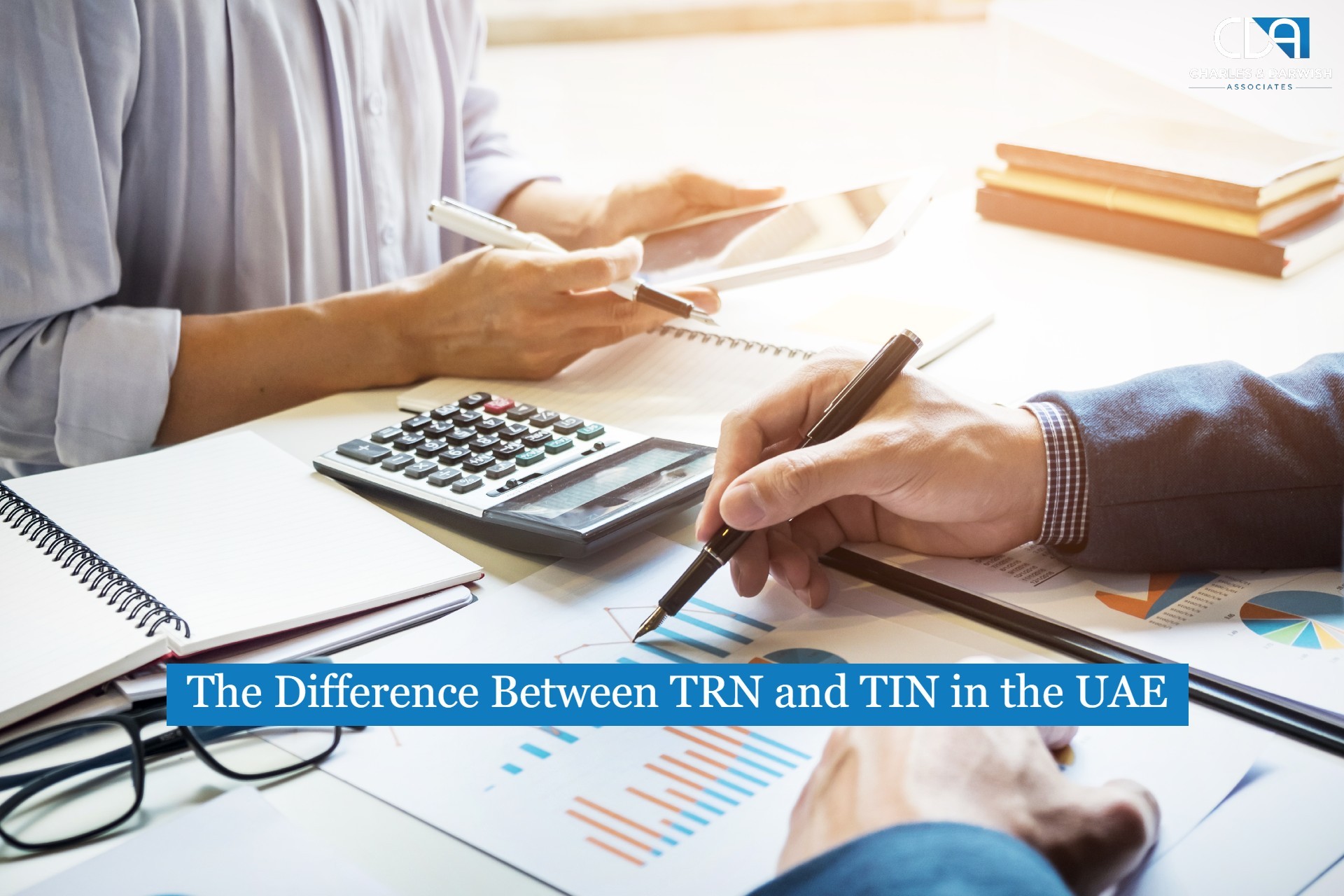How Does Corporate Tax Apply to State-Sourced Income in the UAE and the Application of Tax Credits?
The United Arab Emirates is a popular destination for international investors seeking financing opportunities. With low taxes and a reputation as a corporate powerhouse, it's easy to see why. The UAE has, however, implemented a competitive Corporate Tax regime that complies with international standards as part of recent advancements in global taxation. This Corporate Tax regime aims to support the UAE's growth and transformation goals while maintaining its reputation as a tax-friendly destination. Before heading into a detailed view of how UAE corporate tax applies to state sourced income, get some understanding of the corporate tax in UAE and its implications.
Corporate Tax in UAE
Corporate tax in UAE is a tax imposed on the profits generated by companies and businesses. In a ground-breaking statement, the UAE's Ministry of Finance announced that the region would begin to impose corporate taxes from or after June 1, 2023. The establishment of a federal Corporate Tax regime by the UAE is a preliminary step towards fulfilling its pledge to comply with international norms and coordinate with the OECD's proposal for a global minimum tax.
Corporate Tax will be put into effect according to a corporation's taxable income for the year.
- Taxable revenue up to AED 375,000 is subject to a 0% tax rate.
- Taxable revenue exceeding AED 375,000 is subject to a 9% tax rate.
UAE Corporate Tax on State-Sourced Income
In the UAE, revenue derived by a business from operations carried out within a particular emirate is referred to as "state-sourced income." This could include revenue obtained from the sale of products or services, rent from properties situated within the emirate, or other forms of revenue generated within the emirate. Income that is sourced in the UAE is covered by Article 13 of the UAE Corporate Tax Law, which divides such revenue into three categories.
- When it is derived from a resident;
- When it is derived from a non-resident with a permanent establishment in the UAE;
- When it is generated from activities, assets, capital, or services within the UAE.
You can also read: Corporate Tax Deductions in Special Circumstances
Following any restrictions and conditions that the Minister may establish, Article 13 further states that state-sourced income in UAE includes, without limitation:
- Income from the sale of merchandise;
- Income from the supply of services that are provided, utilised, or benefited from in the UAE;
- Income from a contract that has been wholly or partly performed or benefited from in the UAE;
- Income from movable or immovable property;
- Income from the sale of a resident's stock or other assets;
- Income from using, or being granted authorization to use any intellectual or intangible property;
- Interest that meets any of the below conditions:
- The loan is secured by a property in the UAE;
- A borrower is a resident person; or
- A borrower is a government entity;
- Insurance or reinsurance premiums in any of the following instances:
- The insured asset is situated in the UAE;
- The insured person is a resident; or
- The insured activity is carried out in the UAE.
Tax Credits
Businesses with headquarters in the UAE will be subject to Corporate Tax in UAE on all of their revenue, including income from abroad that might have been subject to a tax similar to Corporate Tax in another nation. To prevent double taxation, the Corporate Tax system permits businesses to claim a "Foreign Tax Refund" for the tax already paid in another country. However, the amount of tax paid in the foreign jurisdiction or the UAE Corporate Tax due on the foreign-sourced revenue, whichever is less, will determine the maximum Foreign Tax Credit that can be claimed.
You can also read: Understanding Non-Deductible Expenses Under Corporate Tax
For Instance, ABC is a multinational company with its headquarters in the UAE that generates revenue from operations in multiple countries, including the US and China. The UAE imposes Corporate tax on all of the company's revenue, including income earned in the US and China. However, the US and China also impose corporate taxes on the company's revenue earned within their respective territories. The company would end up paying taxes on the same revenue in both countries, resulting in double taxation.
To avoid this, the UAE tax system offers a Foreign Tax Credit that allows the company to claim a credit for the tax paid in a foreign jurisdiction (US or China). This means that the company can claim a refund for the tax paid abroad. However, the amount of Foreign Tax Credit that can be claimed is capped at the lower of the tax paid in the foreign jurisdiction or the UAE Corporate Tax due to the foreign-sourced revenue.
So, if the company pays $10 million in tax in the US and $8 million in tax in China, but the Corporate Tax due in the UAE on foreign-sourced revenue is only $9 million, then the maximum Foreign Tax Credit that can be claimed is $9 million.
Choose the Best Corporate Tax Firm in UAE!
Hope you got a clear idea about how UAE corporate tax applies to state sourced income. If you have a business in the UAE, you ought to be prepared to adapt to the new corporate tax regime. Entities must comply with the new tax laws, and to do so, they must accurately identify the tax implications of their corporate structure. At CDA Audit, our dedicated tax team will effectively assist businesses in remaining compliant and eliminating any potential risks related to noncompliance.
Get in touch with our experts immediately, and we'll be ready to assist you!

Mark Thompson
Full-stack Developer, Blogger, and Tech Enthusiast.
Mark specializes in digital marketing, SEO, and content strategy.













